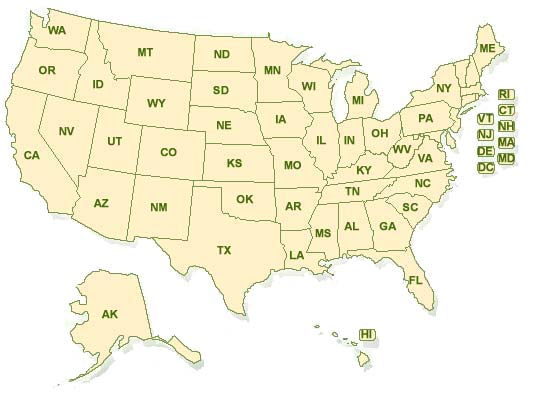Connecticut Department of Labor Unemployment
Connecticut (CT) Compensation
Web applicants will be asked a series of different evaluation questions, such as:
- Did you quit your job or were you laid off?
- Have you refused work that was offered to you after losing your previous job?
- Are you physically able to work full-time?
- Were you self-employed?
Filing also requires all applicants to state all hours and wages earned while they were employed, in addition to any Worker's Compensation payments earned, bonuses, profit sharing, or commissions in salary obtained when last employed.
All filing applicants are required to include whether or not they have applied for retirement compensation in the online application (in which case benefits would be reduced, depending on each claimant).
Unemployment Compensation Connecticut
- Reasons to not be eligible for Connecticut
benefits:
- If you quit your job without "good cause".
- If you are fired due to misconduct.
- If you refuse to work without "good cause" to.
- If you file for Connecticut unemployment while already having employment.
- If you are not working because of a strike or type of industry/labor dispute. Exceptions can be made during a "lockout".
- In some cases, if you suffer from a loss of work due to a strike even though you are not involved with the strike, you cannot collect state benefits.
Extensions: Extended unemployment compensation may be awarded to applicants who maintain all eligibility requirements and/or continue education during their time unemployed.
Web Form Mistakes: Any mistake made during this claim process can be corrected by simply press the "back" button on your browser to correct your answer.
Connecticut Unemployment Tax
Individuals who file with the State are required to file a weekly claim certification no longer than 2 weeks from the end of the calender week currently being claimed.
CT Eligibility | Rate in CT | Benefits in CT | CT Insurance



